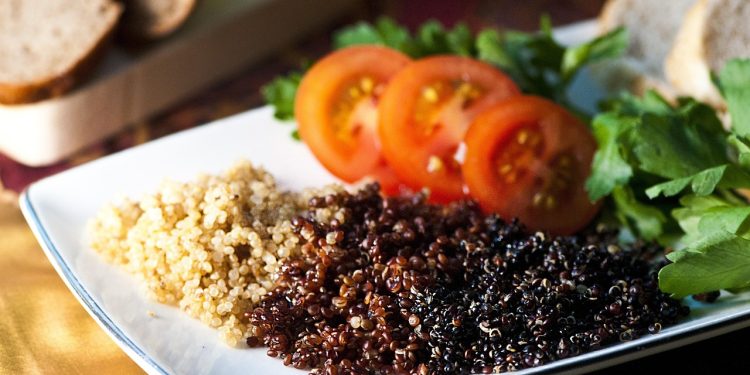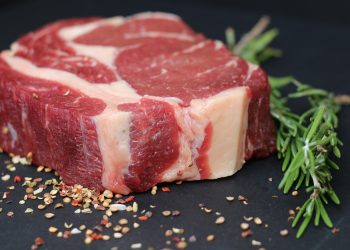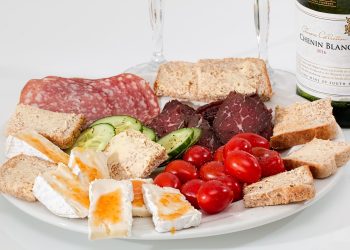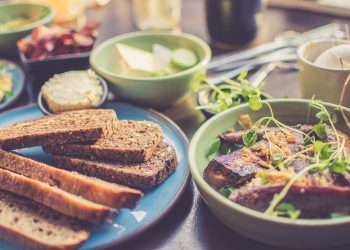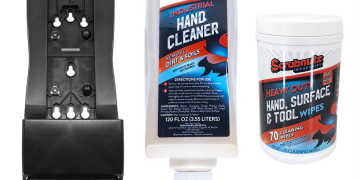Meal prepping is one of the most effective strategies for losing weight and maintaining a healthy lifestyle. By planning and preparing your meals in advance, you can save time, reduce stress, and make healthier food choices. Here’s a comprehensive guide to help you master meal prepping for weight loss and set yourself up for long-term success.
Benefits of Meal Prepping for Weight Loss
- Portion Control
Preparing meals in advance allows you to control portion sizes, which helps prevent overeating and keeps your calorie intake in check. - Healthy Choices
When meals are prepped, you’re less likely to reach for unhealthy snacks or fast food. - Saves Time and Money
Meal prepping reduces time spent cooking during the week and lowers grocery expenses by minimizing waste. - Reduces Stress
Knowing your meals are ready eliminates the need to make daily food decisions, reducing decision fatigue.
Getting Started with Meal Prepping
- Set Clear Goals
- Determine your calorie and macronutrient needs based on your weight loss goals.
- Decide how many meals and snacks you want to prep for the week.
- Plan Your Menu
- Choose recipes that align with your goals and dietary preferences.
- Include a balance of lean proteins, healthy fats, and complex carbohydrates.
- Make a Grocery List
- Write down everything you need for your planned meals to avoid impulse purchases.
- Shop for fresh, whole ingredients and avoid processed foods.
- Invest in Quality Containers
- Use BPA-free, microwave-safe containers for easy reheating and storage.
- Opt for compartmentalized containers to keep ingredients separated.
Tips for Effective Meal Prepping
- Batch Cooking
Cook large quantities of proteins, grains, and vegetables that can be used in multiple meals. For example:
- Roast a tray of chicken breasts, sweet potatoes, and broccoli.
- Cook a big batch of quinoa or brown rice.
- Prep Ingredients Separately
Keep components like proteins, vegetables, and sauces separate to mix and match meals throughout the week. - Use Versatile Ingredients
Choose foods that work well in multiple dishes. For example:
- Grilled chicken can be used in salads, wraps, or grain bowls.
- Roasted vegetables can be added to omelets, pasta, or stir-fries.
- Start Simple
If you’re new to meal prepping, begin with just one or two meals per day, such as lunch and snacks. Gradually increase as you become more comfortable. - Incorporate Variety
Avoid meal prep fatigue by rotating recipes and experimenting with different cuisines and seasonings.
Meal Prep Ideas for Weight Loss
- Breakfast
- Overnight Oats: Combine rolled oats, almond milk, chia seeds, and your favorite fruit in a jar. Refrigerate overnight for a grab-and-go meal.
- Egg Muffins: Whisk eggs with spinach, diced tomatoes, and shredded cheese. Bake in a muffin tin for individual servings.
- Lunch
- Grilled Chicken Salad: Toss grilled chicken, mixed greens, cherry tomatoes, cucumbers, and a light vinaigrette.
- Quinoa Bowls: Layer cooked quinoa, roasted vegetables, chickpeas, and tahini dressing.
- Dinner
- Salmon with Steamed Vegetables: Bake salmon fillets with a squeeze of lemon and serve with a side of steamed broccoli and brown rice.
- Turkey Stir-Fry: Cook ground turkey with mixed vegetables and soy sauce. Serve over cauliflower rice.
- Snacks
- Veggies and Hummus: Slice carrots, celery, and bell peppers for dipping.
- Greek Yogurt Parfaits: Layer Greek yogurt with granola and fresh berries.
Storage and Organization
- Label Containers
Include the meal name and preparation date to keep track of freshness. - Use Freezer-Friendly Options
Freeze meals you won’t eat within a few days to prevent spoilage. - Organize Your Fridge
Store meals in a way that makes them easy to grab and reheat. Keep similar items together for efficiency.
Overcoming Common Challenges
- Lack of Time
Dedicate a specific day, such as Sunday, to meal prep. Use shortcuts like pre-chopped vegetables or canned beans to save time. - Boredom
Rotate recipes and include different herbs, spices, and sauces to keep meals exciting. - Limited Storage Space
Use stackable containers and prep smaller quantities if space is an issue.
Long-Term Benefits
By incorporating meal prepping into your routine, you create sustainable habits that support your weight loss journey. With careful planning and a focus on nutrient-dense foods, you’ll find it easier to achieve and maintain your goals while enjoying delicious and satisfying meals every day.

